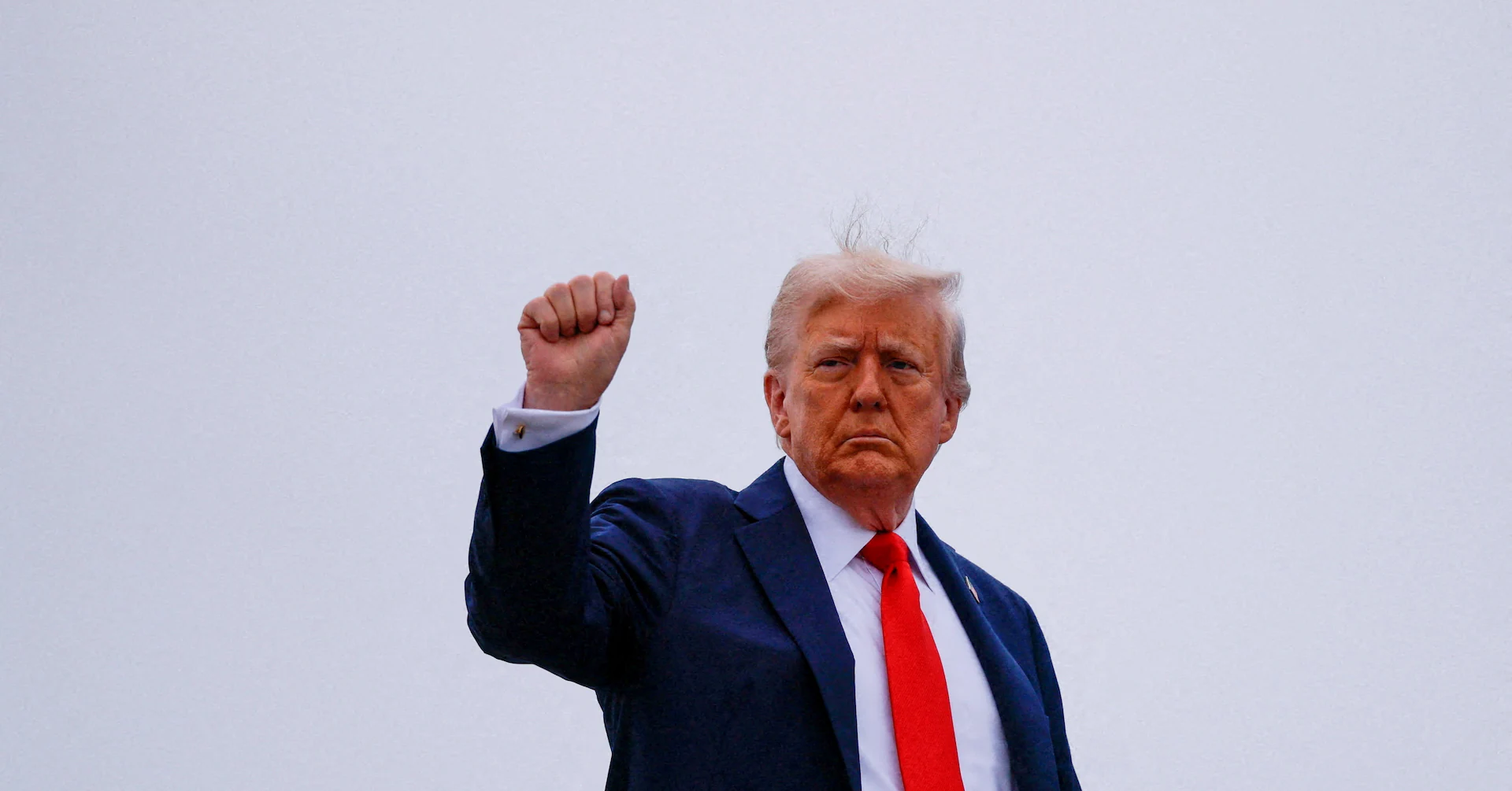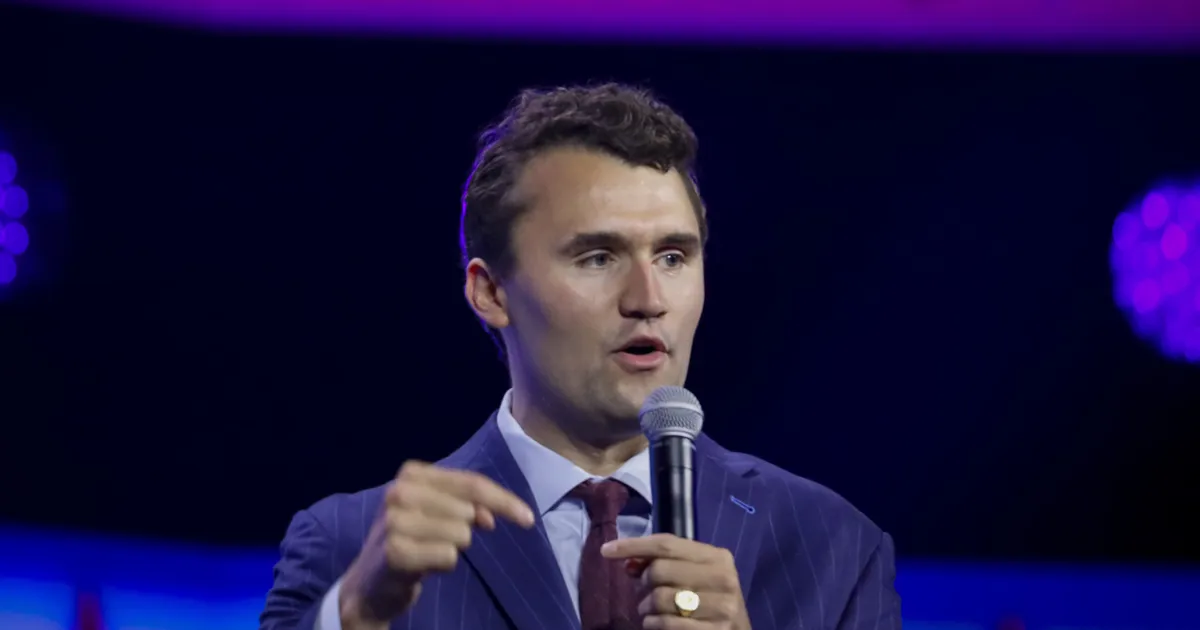
Sign up here.
Slated to become the Western Hemisphere’s largest source of lithium when it opens in 2028, the Thacker Pass mine has been under construction for nearly a year with more than 600 contractors at the site roughly 25 miles (40 km) south of Nevada’s border with Oregon.
Thacker Pass is seen as a linchpin in building a domestic supply chain part of Washington’s long-standing drive to boost U.S. production of lithium, a metal used to make batteries for electric vehicles and other electronics.
“President Trump supports this project. He wants it to succeed and also be fair to taxpayers,” a White House official told Reuters. “But there’s no such thing as free money.”
Shares of Lithium Americas rose by roughly 80%, from around $3 a share to $5.54 a share, in aftermarket trading following the news.
The project has long been touted by both Republicans and Democrats as a key way to boost U.S. critical minerals production and cut reliance on China, the world’s largest lithium processor.
China plays a dominant role in the global lithium supply chain, producing more than 40,000 metric tons each year, making it the third-largest producer after Australia and Chile. China’s influence is far greater in refining, where it processes over 75% of the world’s lithium into battery-grade material.
The $2.93 billion Thacker Pass project was approved by Trump at the end of his first term. The loan from the Department of Energy’s Loan Programs Office (LPO) was closed last year by Biden administration officials.
The loan has a 24-year term, with interest rates based on the U.S. Treasury rate as each tranche is drawn.
Lithium Americas was slated to make its first draw on the loan earlier this month but Trump officials sought to renegotiate terms amid concerns about the company’s ability to repay the loan given low lithium prices due to Chinese overproduction, according to the sources.
Discussions over the loan’s potential reevaluation were first reported by the Washington Free Beacon. The administration’s request for an equity stake has not been previously reported.
GM, which invested $625 million in the mine last year for a 38% stake, has the right to buy all of the project’s lithium from its first phase and a portion from the second phase for 20 years, although Trump officials are now seeking a guarantee that GM will buy the metal, according to the sources.
The equity request came during discussions in recent months over the loan’s amortization schedule, with Lithium Americas proposing to shift when part of the loan’s principle would be repaid although not the repayment timeline itself or the total interest the Loan Programs Office would receive, according to one of the sources.
In response to that request and in order to close the loan and secure the funding, Lithium Americas earlier this week offered the government no-cost warrants that would equate to 5% to 10% of its common shares, as well as funds to cover any fees incurred by changing the amortization schedule, according to one of the sources.
Trump officials also are pushing to have GM relinquish its control over parts of the project and transfer them to Washington, according to one of the sources.
GM, which is relying on Thacker Pass to supply much of its lithium needs for its electrification push called the loan a “necessary part of the financing to commercialize this important national resource” and noted that Trump “strongly supported” the mine in his first term.
“We’re confident in the project, which supports the administration’s goals,” a GM spokesperson told Reuters.
Lithium Americas declined to comment on the ongoing negotiations, but said: “We respect the LPO’s decision to pursue a restructure and remain in active discussions with the (Department of Energy) and our partner, GM, and will provide an update at the appropriate time.”
Washington has safeguards in place to protect its investment as part of the original loan terms, including several clauses that give the government the option to take over the project if it is delayed or faces major cost overruns.
Reporting by Ernest Scheyder and Jarrett Renshaw; Editing by Veronica Brown and Michael Learmonth
Our Standards: The Thomson Reuters Trust Principles., opens new tab
Ernest Scheyder is a senior correspondent covering critical minerals and the global energy transition, as well as the author of “The War Below: Lithium, Copper, and the Global Battle to Power our Lives,” which was longlisted for the 2024 National Book Award and was named the American Energy Society’s Energy Book of the Year. He previously wrote about the U.S. shale revolution – drawing on a two-year stint based in oil-rich North Dakota – as well as politics and the environment. A native of Maine, Scheyder is a graduate of the University of Maine – where he was named a distinguished alumnus in 2021 – and Columbia Journalism School.



